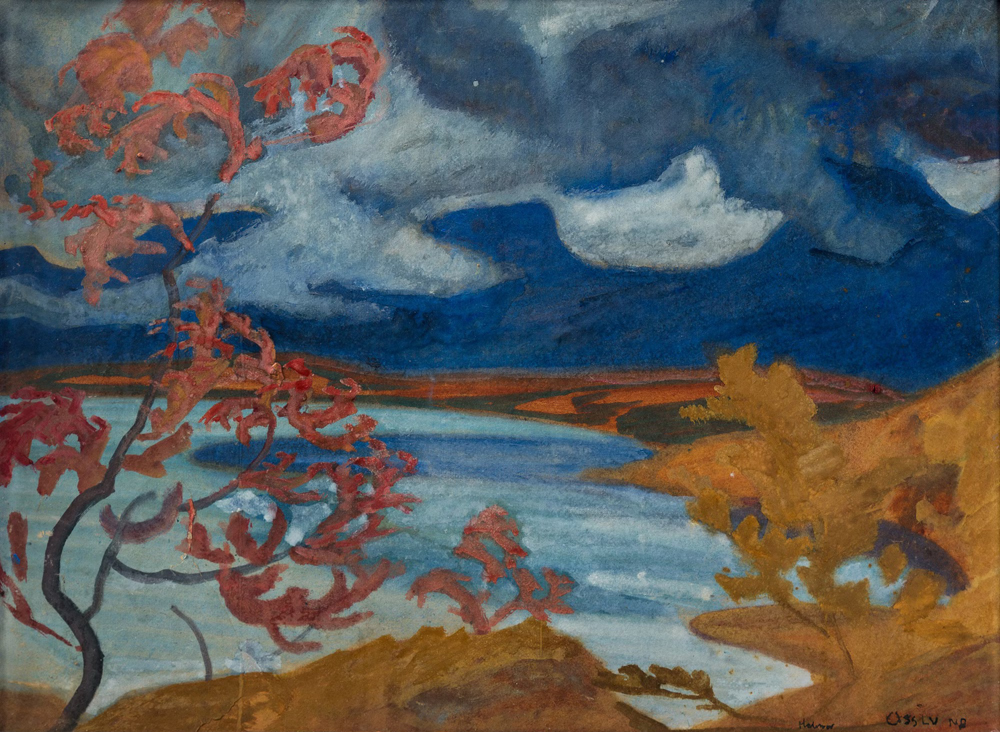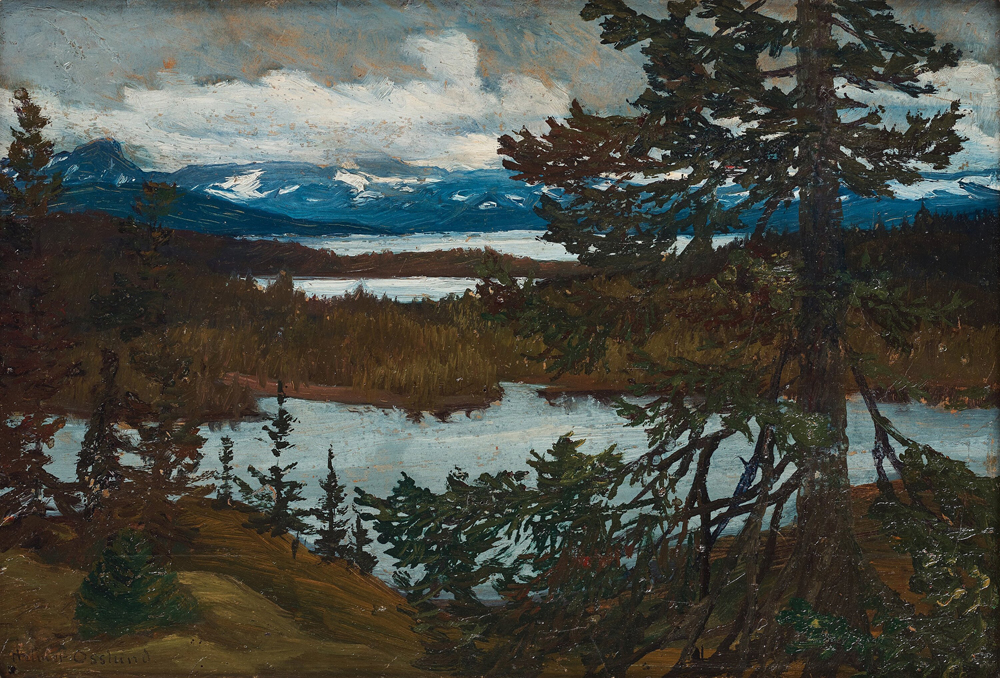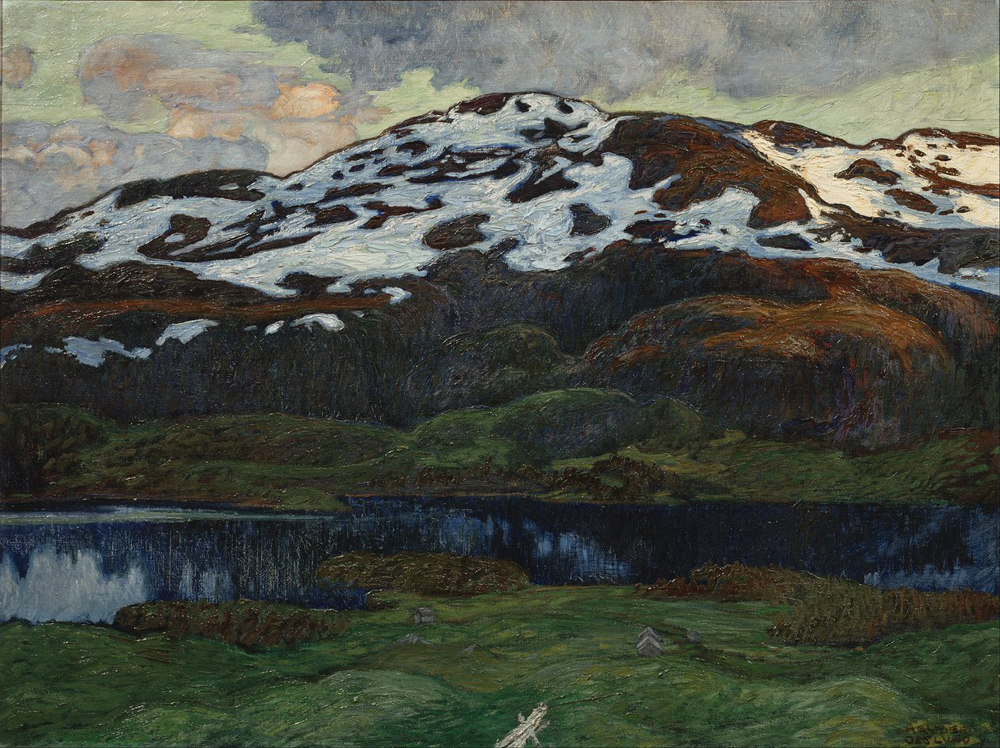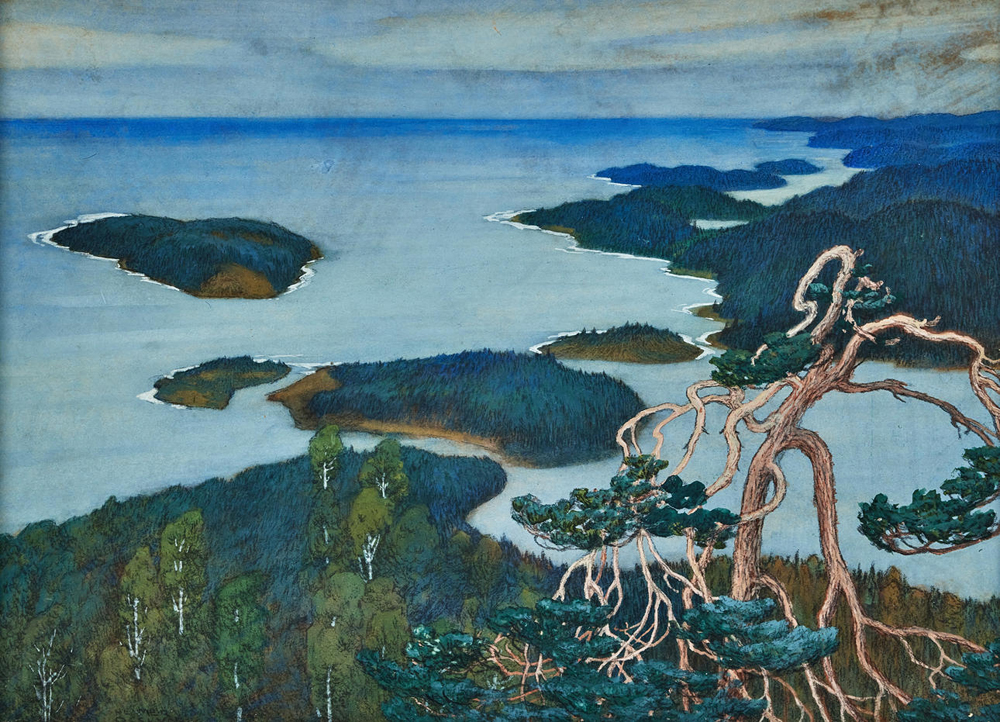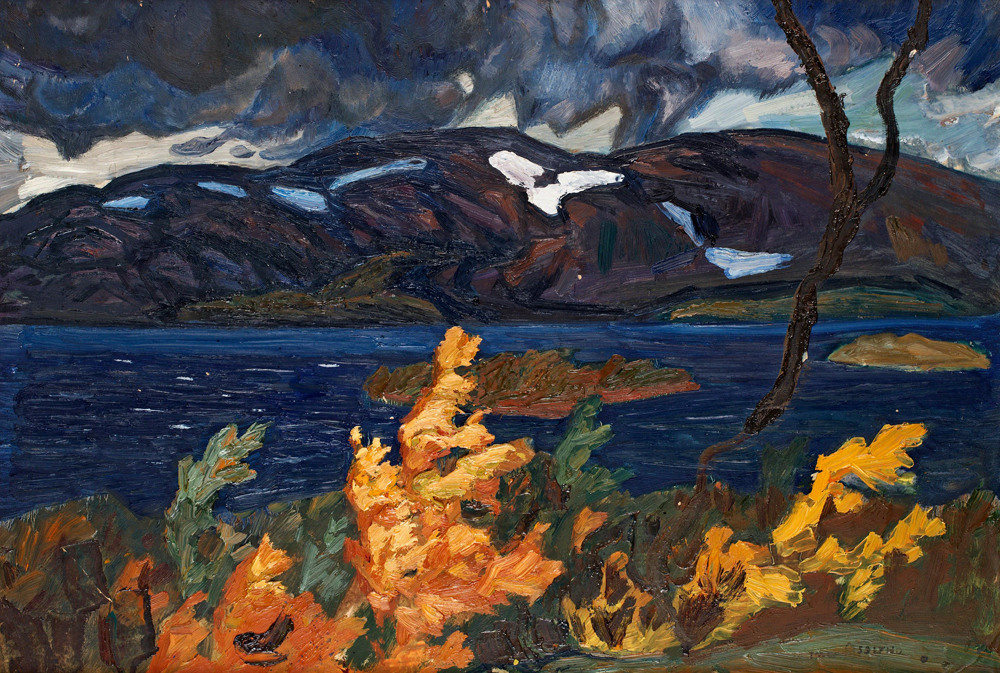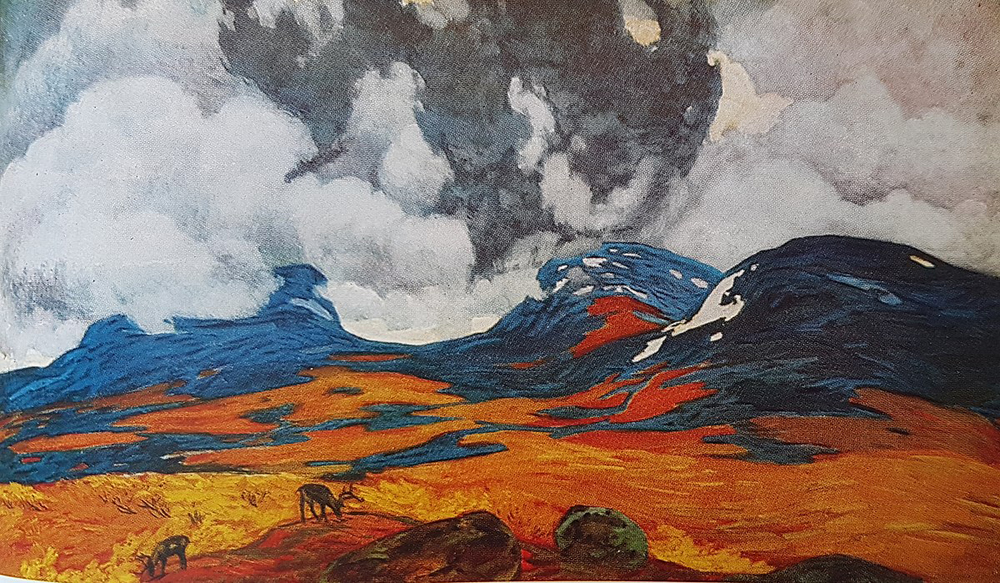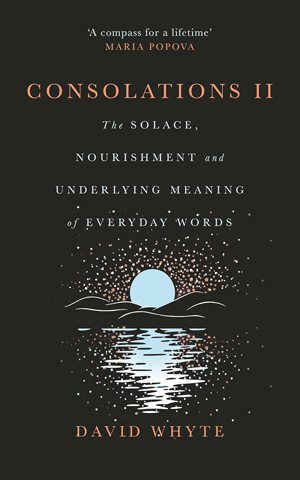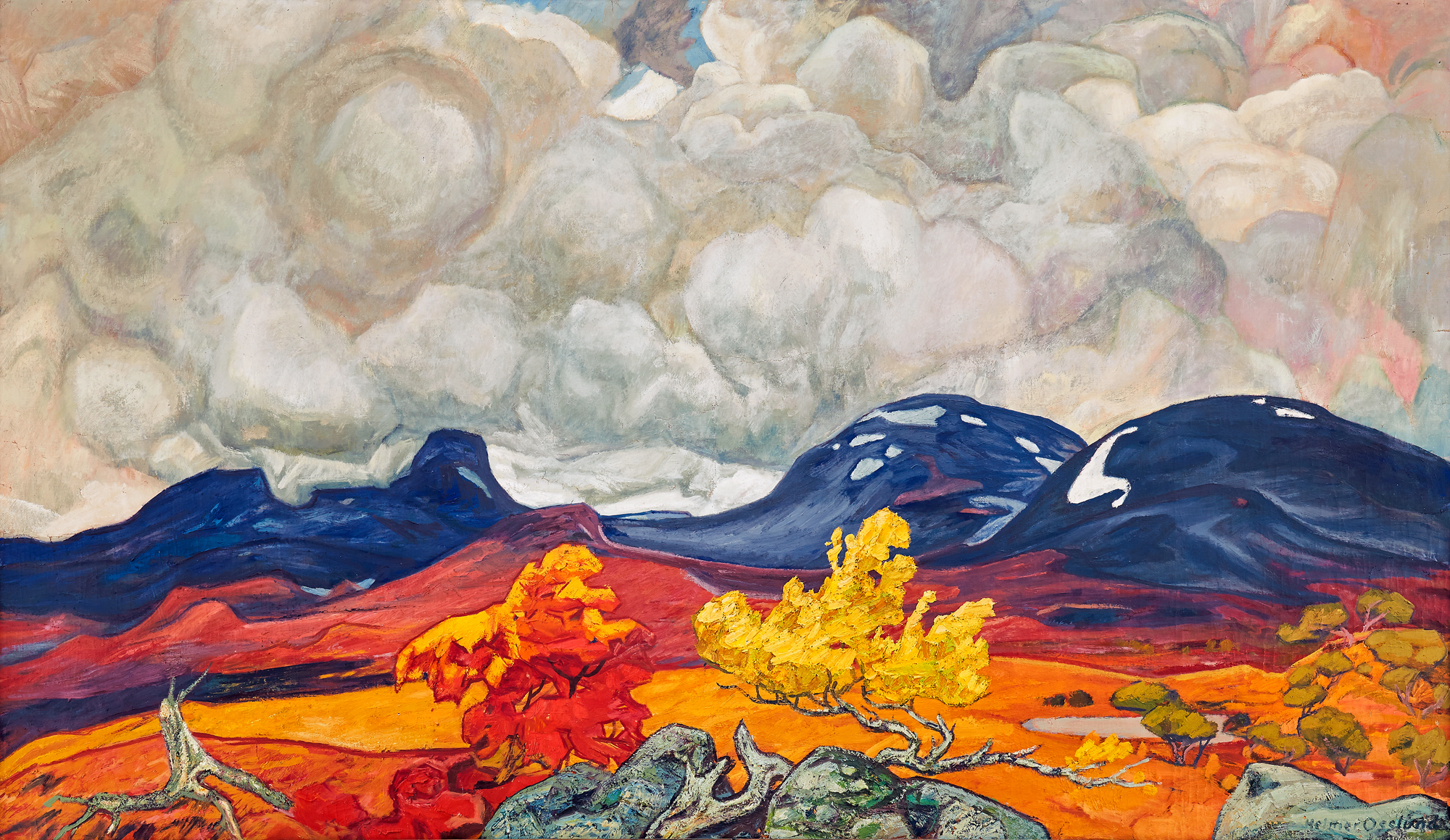
The solace, nourishment and underlying meaning
of everyday words revisited
ANXIETY is the mask that truth wears when we refuse to stop and uncover its face. Anxiety is the disembodied state I feel when I pretend to put things right by worrying about them instead of truly conversing with them. Anxiety is the temporary helper going by the name of worry, who, when turned into our constant live-in companion, becomes our formidable jailor.
Anxiety means we haunt the body like an unhappy ghost from the past instead of living in it as a live anticipation of our future: anxiety creates the ghost-like sense of living timidly in our mortal frames so that we begin living in the world in the same way: as a troubled guest; a guest who does not believe they deserve the rest and hospitality that the body or the world can offer. Anxiety is the mind refusing to be consoled and nourished either by the body itself, or the world this body inhabits: anxiety is an extended state of denial; the refusal to put right something that needs to be put right, because putting it right means feeling real anguish, a real sense of the unknown and the need to change at a fundamental level.
Anxiety always tells us we are somehow just about to be injured by reality, by another or by the body itself: that nothing is to be trusted fully: our continued nervousness wasting the body’s powers by keeping up a heightened but unsustainable level of alertness. Anxiety is difficult to shed because anxiety always refuses rest and rest is where the answer to anxiety lies. Rest feels as if we are letting down our guard and refusing to defend what we instinctively feel must be constantly defended to the last.
DEDICATED TO THE essayist Michel de Montaigne— “My distant, unwitting and always merciful friend” —David Whyte begins his magnificent second volume of meditations on the meaning of commonplace nouns with an inscription from the French philosopher: “Our life consists partly in madness, partly in wisdom. Whoever writes about it merely respectfully and by rule leaves more than half of it behind.”
At the request of readers globally after his first edition, Whyte returns with 52 elegant reflections focussed around the essence of a single word—ANXIETY, BLESSING, BRAND, ECHO, MOON, REVERIE, UNKNOWN, to name but a few—embracing their nuances, depths and amplitudes, revealing to us the full constellation of human experience.
Together with its companion piece, the Consolations diptych joins the literary canon of semantic monographs examining the agonies and ecstasies of living in our contemporary world. Drawing on his Anglo-Irish inheritance, Whyte skilfully utilizes all his powers as a master wordsmith, beguiling us with his cadences and seducing us with his wit. Undoubtedly, his exquisite contemplations will be rendered classics of literature in years to come.
BLESSING is not just the act of wishing something good for someone else: the art of blessing is the act of wishing something for someone that they had not allowed themselves to desire or deserve. Someone with the power to bless is someone who recognizes what is hidden in another that they have not dared to articulate themselves. Blessing is sudden permission to desire what we have desired at a foundational level all along.
In a true blessing what was hidden is made visible, what could not be said is said, even if it is by another witnessing presence. Blessing is the art of bringing things alive so that they can be felt and experienced in their true essential form. To bless the day, as they say in Ireland, is to anticipate some surprise about to be made known to us, out of the wild blue yonder of the hours to come. Blessing is an act of refusing to take the day or the ordinary for granted: a way of calling out the extraordinary from the ordinary: the blessing of the morning light, the blessing in a good welcome, the blessing of having slept well, the blessing in our child’s face. What is seen to be looking back at us through the act of blessing calls out something from deep inside us that we did not fully know was there, until we blessed it. Blessing is a form of paying exquisite attention to what we are trying to bless. Blessing deepens our attention.
Blessing is a way of making an invitation to what lies beneath the often dazzling, reflected, confusing surface of our lives. Blessing calls on what has waited for us all along and speeds its arrival. A true blessing is a way of readying the one who is blessed.
BRAND is not something an individual human being should want for themselves. Brand is meant to mark ownership or consistency and should be confined to what can be owned or forced into compliance. Brand is a false substitute for a truly moveable, unnameable, unquantifiable, living, growing identity. To be branded is to have a mark of ownership literally seared into our skin for all to see. Brand is an immoveable image that stays with us through every seasonality, something that cannot be erased, something that a human being shouldn’t want, something that says I belong to someone else’s imaginings and assessments and am therefore, always at the bidding of someone else: my boss, my audience, my following.
Branded means we are marked for life, marked to someone else’s account: owned and corralled in order, and originally, in the instance of cattle, to be sent to an untimely end. Branding diminishes the elemental valency of human identity: where our valency is measured by our ability to combine and be available for the unrecognizable, the unnameable and the inconceivable. Branding may be appropriate for a can of well-loved beer, for a medical company who guarantees the safe production of their drugs, or for the representation of any collective effort, but for an individual human being, making a brand of themselves, is to be held and imprisoned by that brand. Branding is the death of both humanity and individual artistry.
All true artists refused to comply with the language or behaviours of branding: all true artists shed their hides multiple times in their lives, letting any trace of a fixed mark fall away in the process. What is worth wearing for a while is always in the end worth discarding. We are what we wear, only while we wear it, what is worth wearing is always in the end worth giving away, back to the place it came from. Brand is the mark on our surface skin, it cannot penetrate to the depth to which we wish the world to find us. Branding is my temporary surface name, my false home and my present protective disguise. Branding is what I give up doing in order to become real.
MOON might carry the most evocative combination of vowel and consonant sounds in the English language, calling us to imagine its round reflecting white orb, even as we say its ancient name; exerting its gravitational pull on our voice and our thoughts, as if emanating and emerging through the extraordinarily long sound that lives at the centre of that initial soft ‘m’ and the half spoken ‘n’ that begin and end its passage through our mouths. Moon is an extraordinary word, equal to the astonishing celestial body it calls to mind: it is a word that carries the circular sense of subtle celestial change, representing that overwhelming sense of presence and part presence, presence and non-presence that the moon itself inhabits in our lives. The sound in the word moon is like the moon itself, coming and going while giving a reassuring sense of being eternally present.
The moon sails forever, and has sailed for ever, through the dark sky that lives inside us as much as the night sky above our house. We have grown and evolved on this planet from the simplest cells to the extraordinarily complex creatures we are, in an intimate parallel with our waxing and waning satellite. Living on this earth has always meant living in an abiding, awe struck companionship with something both overwhelmingly close and too far away to control. We have always lived, half reverently, half resentfully, at the whim of that imaginative, physiological, psychological power we call the moon …
In the human imagination, the moon has always represented an alternative life; another body of deeper parallel laws than the ones we follow in the full light of our rule-based days. The moon tells us we are subject to powers far beyond our ability to summarize or understand. In the human mythic inheritance, the moon is the body’s susceptibility to other bodies, our helpless attraction to what calls us beyond our present life; no matter how perfectly arranged that life may be, the moon embodies our deeply felt response to the greater, physical tidal pulls of existence.
ECHO is a beautiful and disturbing aftermath and as a word that chimes with its meaning, even carries its own lingering echoing response within its two short syllables. Echo is a word that carries the abiding, intuitive sense of the way the essence of our world is lived out through some form of foundational repetition and reciprocation: whatever we have to say, will be said again, in a slightly different way, by myself or by others, but whatever we have to say will also, somehow, be answered.
Echo tells us that whatever we give out to the world, will be returned to us, in ways we only need half recognize; what looks like self-repetition is actually a deepening and gradual revelation. In an echo, we are granted the ability to hear our own voice, in its truth and in its falsity. Echo also echoes with our intuition around time: whatever we generate will come back to us in succeeding generations, everything sent away or lost will return, one way or another, in a beautiful, skewed, not quite symmetrical version of its own first issuance; echo is the sense and the deep unconscious relief that we will eventually, if we listen closely to far off things, be answered, and hope above hope, answered in the way we wish to be answered.
Echo is always a beautiful surprise and comes simultaneously from within our own body and from a reverberating, far-off somewhere else, arriving through multiple and simultaneous distances all at the same time. In creating an echo I stand for a moment at the centre of myriad variations of my own voice. I find I can become a creator of many conversations from one originating voice. As in my everyday life so in the experience of echo, one word from me sets off a multiplicity of responses.
REVERIE carries the same, beautiful, half-awake, half-asleep sense in its sound as it does in its dream-like meaning. Reverie is a rare and neglected state in our times, asking us to pay attention to simultaneous, inner and outer horizons: with a rested bodily depth and with a broad listening amplitude. Reverie is an antidote to much of the over-focus, over-delineation and branding of our identities, most especially in an age where we are drawn like moths to a flame, burned and distracted by the internet, from one state of narrow focus to another.
The combined state of rest and broad diffused attention that reverie implies, and the luxuriant sense the word communicates, invites us to inhabit our bodies, our intellect and our imaginations simultaneously, where neither the mind, the body, nor the imagination are given precedence yet all of them are felt and inhabited in deeper ways that are not possible when we attempt to focus on them in separation.
To be in a state of reverie is to inhabit multiple layers of our consciousness all at once, to be fully aware of every bodily internal feeling while hazily hearing and seeing every ambient sound and sight: to be present in this time now while inhabiting the timeless, employing the mind to re-interpret the future and even re-imagine the past. The word reverie recalls to each of us, the luxuriant sense of rest, we might feel in front of an open fire, perhaps even nodding off, of the body rested and resting deeper, while all the time acutely aware of the sound of rain brushing against a window, the logs crackling and the sound of children playing mutely in the distance. A hammock by the ocean, inhabited without a phone, and rocked by the arriving sea breeze holds the same invitation. Reverie is our ability to take it all in, all at once without making a job of work or a task out of taking it all in, reverie is our multivalent, multi-talented ability to connect to all levels all at once and all without effort.
UNKNOWN carries two, beautiful, resident almost underground vowel sounds echoing through its very centre, as if the word itself brings more meaning than our bodies or our minds are able to hold or understand. Said fully and properly the word unknown sets the whole thoracic region resonating in turn, in the same way the unknown itself resonates through every minute structure of our never fully articulated life. Unknown as a word that always echoes, spoken or unspoken, through the hidden structures of our barely articulated lives.
Every known in our life, almost by definition, communicates with, lives with and grows with, not only the invitational mystery of its own accompanying and as yet, unknown future, but with the way our present understanding of what we know will be arranged by what we will come to know. What we know and describe now, will be seen and known and described in a radically different way by our future self, and most especially by that future self, granted the perspective of our deathbed and preparing itself for the greatest unknown of all.
Most human beings find themselves, at times, longing for a settled existence and yet any settled existence without the unknown to draw it on and enliven it eventually becomes a prison from which we become more than desperate to escape. We often think of a committed relationship as a way of eliminating too much of the unknown in our lives, a way of settling down, and yet our intimate relationships are prime examples of the way the known and the unknown live together, and in the very same way we try to live together, in the kitchen, in the bedroom or in a car travelling together, speaking of the things we know and do not know while facing towards the unknown future to which we are travelling. Every beginning to get to know, in every relationship, is also a never-ending getting to know, a tidal exchange between what we can comprehend and understand and what breathes a surprising and alternative life into our mutual understanding.
Post Notes
- Feature image: Helmer Osslund, The Lapporten in Spring Colours, Public Domain
- David Whyte: Consolations
- David Whyte’s website
- The Marginalian
- Waking Up
- Canongate
- Matsuo Bashō: Deep Silence
- Matsuo Bashō: The Narrow Road to the Deep North
- Ralph Waldo Emerson: The Over-Soul
- Ralph Waldo Emerson: Waldeinsamkeit
- Ralph Waldo Emerson: Nature
- Wassily Kandinsky: Concerning the Spiritual in Art
- Rollo May: My Quest for Beauty
- Alan Watts: Cloud-Hidden, Whereabouts Unknown
- Jack Kerouac: Alone on a Mountaintop
- The Culturium uses affiliate marketing links via the Amazon Associates Programme
